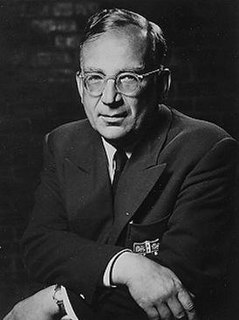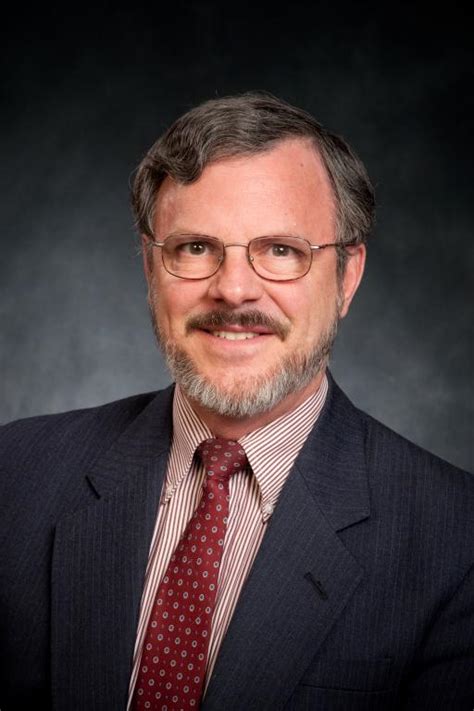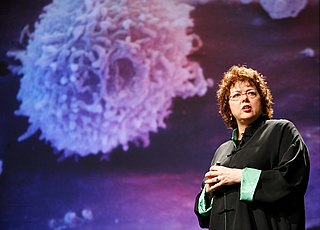A Quote by Stephanie Pearl-McPhee
SABLE- A common knitting acronym that stands for Stash Acquisition Beyond Life Expectancy.
Quote Topics
Related Quotes
The sweetest type of heaven is home - nay, heaven is the home for whose acquisition we are to strive the most strongly. Home, in one form and another, is the great object of life. It stands at the end of every day's labor, and beckons us to its bosom; an life would be cheerless and meaningless, did we not discern across the river that divides us from the life beyond, glimpses of the pleasant mansions prepared for us.
Every human being is tried this way in the active service of expectancy. Now comes the fulfillment and relieves him, but soon he is again placed on reconnaissance for expectancy; then he is again relieved, but as long as there is any future for him, he has not yet finished his service. And while human life goes on this way in very diverse expectancy, expecting very different things according to different times and occasions and in different frames of mind, all life is again one nightwatch of expectancy.
The formation of the life of a person in the womb is the work of God, and it is not merely a mechanical process but a work on the analogy of weaving or knitting: "Thou didst knit me together in my mother's womb" (psalm 139:13). The life of the unborn is the knitting of God, and what He is knitting is a human being in His own image, unlike any other creature in the universe... The destruction of conceived human life - whether embryonic, fetal, or viable - is an assault on the unique person-forming work of God.
While eliminating smallpox and curtailing cholera added decades of life to vast populations, cures for the chronic diseases of old age cannot have the same effect on life expectancy. A cure for cancer would be miraculous and welcome, but it would lead to only a three-year increase in life expectancy at birth.
If you and I are friends, there is an expectancy that exists within our relationship. When we see each other or are apart, there is an expectancy of being together, of laughing and talking. The expectancy has no concrete definition; it is alive and dynamic and everything that emerges from our being together is a unique gift shared by no one else.
In all, 86 per cent of the increased life expectancy was due to decreases in infectious diseases. And the bulk of the decline in infectious disease deaths occurred prior to the age of antibiotics. Less than 4 per cent of the total improvement in life expectancy since 1700s can be credited to twentieth-century advances in medical care.



































